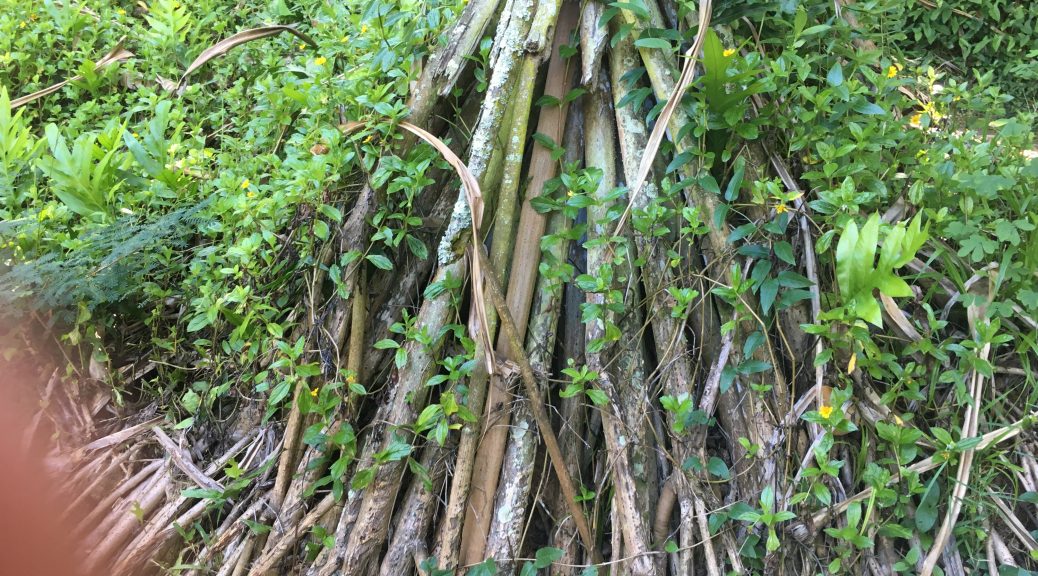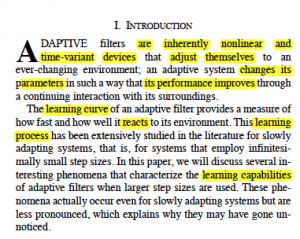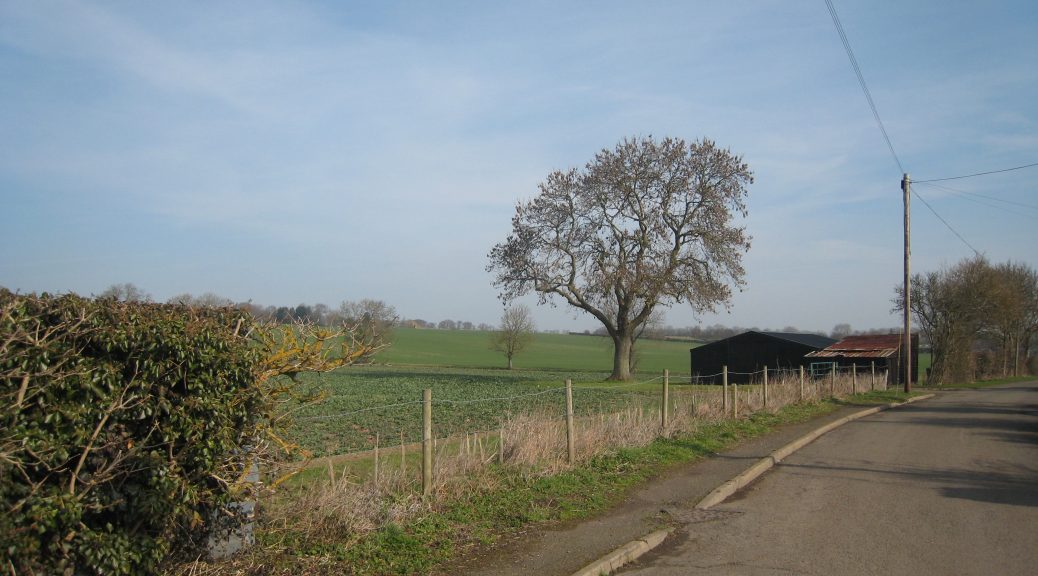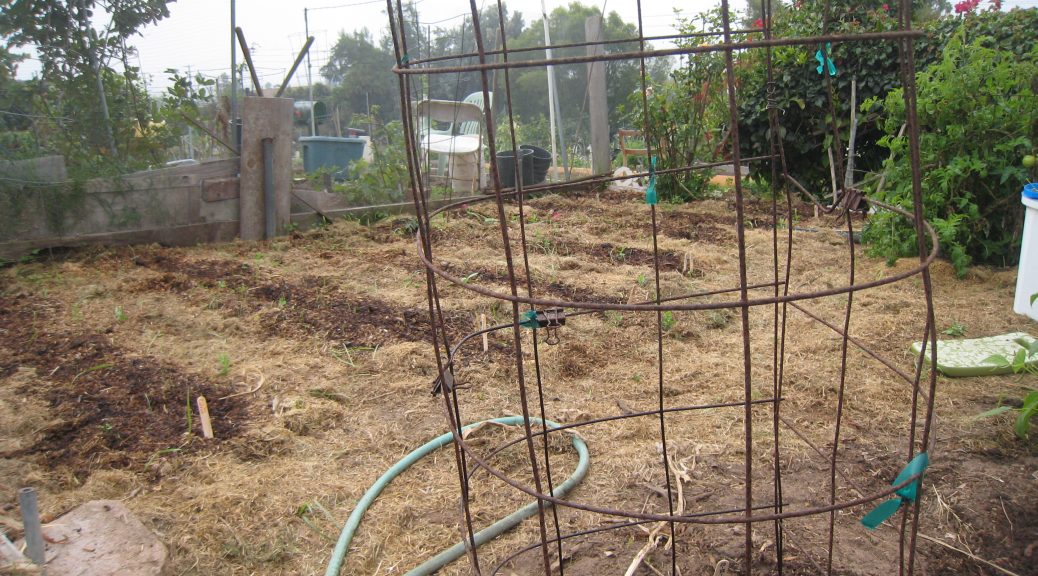Here’s a new version of Writineering, now helpfully supported by UCLA and intended not just for graduate students in engineering but for writers at all levels who are eager to explore science, engineering, or technology. Academic writing is at its best when it borrows from public science writing, and writing for the public achieves more and better ends when it borrows careful, ethical data collection, analysis, and referencing from academic writing. We have many shared roots; good writing identifies its sources; and the best writing has an author’s thumbprint visible (see photo). As Jaron Lanier writes in You Are Not a Gadget: A Manifesto, “there is no evidence that quantity becomes quality in matters of human expression or achievement. What matters instead, I believe, is a sense of focus, a mind in effective concentration, and an adventurous individual imagination that is distinct from the crowd” (50). And so while this is a software-dependent website, please remember that it’s for people, by a person. “Keep that in mind when writing anything” is recommendation #1.
Category Archives: Introductions: Plans and Hopes
Data on the need to define terms
Often, engineering writers tell me that they do not need to define their terms because their audiences know what they are talking about. So this week, I did an experiment in two classes, one of 18 students and one of 23 students. They were to write down words and phrases that they need to use when discussing their work. And then we passed the lists to every other person in class, who each marked the words they did not know. They might have heard them before, but they would have to look them up, or they’d feel that the term was vague or ambiguous. In short, they’d like it to be defined. Here’s the data.
There were close to 400 unique terms, and about half of them were familiar to most people (no more than two people, or about 10%, were confused by them). But about half confused more people than that, and some confused over 60% of the people in the room.
I want to emphasize that everyone was a PhD student in the Electrical and Computer Engineering Dept. at UCLA. They’ve all passed their preliminary exam. They are the most informed audience one might hope to have, beyond one’s lab partners. Yes, we sometimes talk to people in our very specific fields, but others should be able to understand us, too! When you go ranging around the literature for ideas, you’d like to feel that the authors are trying to help you!
I hope to continue this exercise with future classes, so I can collect more data.
One note: if there are several numbers to the right of a term, that means that more than one person put it on his or list list. In the smaller class, no term was listed by more than two people; in the bigger class, some terms were listed by four people.
Storytelling Elements in EE Writing: Personification
My students give me at least as much homework as I give them.
In yesterday’s class, the elements of storytelling were doubted to be of importance in technical writing, or even academic engineering writing. So I’m looking for examples.
Here’s one, in the first article I brought up on my screen, an award-winning June 2000 article by Vítor H. Nascimento and Ali H. Sayed, “On the Learning Mechanisms of Adaptive Filters.”
Notice the way that adaptive filters are personified in their introduction. They “adjust themselves to an ever-changing environment,” they have a “learning curve,” a “learning process,” and “learning capabilities.” An adaptive filter “reacts.” They are like humans or other species adapting to a habitat.
After seeming to personify adaptive filters, Nascimento and Sayed develop a nurturing relationship with them. The next paragraph of the introduction reads:
Nurturing in their readers a warm feeling for adaptive filters, the authors say that “special care” must be taken with them (as with human children). “Interpreting learning curves” might be much more mathematical when it comes to adaptive filters, but these authors “care” for the slow and fast learners both, and, like a supportive and patient kindergarten teacher, they believe that slow learners end up “’smarter’” than they appear at first.
You’ve arrived! To work!
Some of you have signed up, and now the fun (work?) can begin!
I’d love to have you write a short post that (re)introduces yourself to (me/) us.
Did you end up publishing the article you wrote in EE 295? What was the process like after your final version in that class? What have you worked on since then? What wisdom have you gleaned from your experiences? What has been you experience collaborating with others (outside of EE, in your lab, or with reviewers and journal editors). Choose one topic or touch on all them, and others.
You can write your post as if you are just writing me a personal email OR as you want it posted. (Let me know which it is!) I’d like to hear how you are doing, and knowing more about your experiences will help me fashion this site to your interests. It will also let me know what kinds of expertise we have here, in this virtual collaborative space. Your post can remain forever in the draft stage (that is, unpublished), as we communicate back and forth on it, or it (or some of it) can eventually become a short article on the site (only if you are for that, of course!)
In short, you can remain as private as you want. You can just communicate with me via drafts. You can communicate to our small group of UCLA EE PhD candidates and graduates with posts that have password protection. Or you can choose to communicate to the whole world (who is not really looking, to tell you the truth) via public posts. Since all your writing has to go through me to get posted, I’ll need to be told what how you want it treated when I read it.
Eager to hear from you,
Dana
An initial dedicated registration period
I’m sending out queries to my past EE students, asking if they want to join the site.
If you register, then I can send you a password, and you can start writing “posts.” These do not need to be short essays, as mine tend to be. They can be questions, topics for discussion, and other requests or ideas. I will review them, and then put them up. They do not go up immediately, so if you want to send me a message in the post about how you want to be identified (or not) on the website, or any other message, that will work. You can also say if you want the post public (anyone can read it) or more private (I think this means for contributors only).
If you are someone other than a past student of mine, you can start the registration process, and then (at that time) I will communicate with you about your interest in the site. The site is mainly intended for past students who might want some private collaboration, but at the mome
The Plan, the Hope
If you do research in electrical engineering–or if you are in another field of engineering and want to publish research in academic journals–please stick around. I intend for us to create a supportive and productive community.
I am lucky to work regularly and closely with a highly intelligent and ambitious population of graduate students in Electrical Engineering (at UCLA). Over the last eight years, I have learned more than I can say from them, and I expect that will continue. I have not found another graduate program in engineering that requires a course in academic rhetoric, and so I am uniquely positioned to see the needs and develop the support mechanisms for this group of writers.
I’d like to believe that all this experience will not just evaporate and that I can create a growing and broadly useful body of work online.
I also hope that this choice of media will welcome an increasingly rhetorically-aware group of advanced engineers to contribute to that practical and very specifically targeted body of knowledge.
If there’s one thing I’ve learned from engineers, it’s efficiency. If we can build on each others’ knowledge, we can each optimize our own design for writing.







